Boost Your English Vocabulary with These 15 Advanced Words

Do you consider yourself a vocabulary enthusiast? Whether you’re a beginner or an advanced learner, testing and expanding your vocabulary can be both challenging and rewarding. Today, we’re diving into 15 advanced English words that will enrich your language skills. Let’s get started!
Start with Common Words
We’ll begin with some fairly common words and gradually progress to more advanced vocabulary. Are you ready for the challenge? Don’t forget, there’s a free PDF available for download with 15 bonus words and interactive exercises to help you master these terms.
Common Words
Reckon
Example: I reckon it’s gonna rain soon.
Meaning: In British English, “reckon” is an informal verb meaning “think” or “believe.”
Core
Example: My dad reading me a story before bed is one of my core childhood memories.
Meaning: As a noun, “core” refers to the central part of something. As an adjective, it describes something essential or central, such as “core values.”
Deliberate
Example: The teacher made a deliberate mistake to check if the students were paying attention.
Meaning: An action that is intentional. The opposite would be “unintentional” or “by accident.”
Moving to Intermediate Words
Elsewhere
Example: The restaurant is fully booked—we’ll have to go elsewhere.
Meaning: “Elsewhere” means “to go somewhere else.” It is typically used after a verb.
Grab
Example: Someone just grabbed my bag and ran off with it.
Meaning: To take hold of something quickly and often forcefully. Informally, it can also mean to get something to eat or drink quickly.
Urge
Example: The government urged the public to remain calm.
Meaning: To strongly recommend or encourage someone to do something.
Gig
Example: I’ve just bought tickets for the Coldplay gig in September.
Meaning: Another word for a concert, commonly used for pop, rock, or jazz events. It can also mean a one-off job.
Cling
Example: He always clings to his girlfriend’s arm when they watch horror films together.
Meaning: To hold tightly, usually out of fear. A “clingy” person depends too much on someone else.
Check out this article to learn common English idioms.
Advanced Words
Gabble
Example: He got nervous in the interview and started to gabble.
Meaning: To speak quickly and incoherently.
Gaslight
Example: The boss made a mistake and then gaslighted me into thinking it was my fault.
Meaning: To manipulate someone into doubting their memory or perception of events.
Ghost
Example: We chatted online for over a year and then she completely ghosted me.
Meaning: To suddenly cut off all communication with someone without explanation.
Finicky
Example: I’m a bit finicky when it comes to coffee so I always buy from the same independent coffee shop.
Meaning: Being overly particular or difficult to please.
Situationship
Example: I’d love to move things on from being in a situationship to actually being boyfriend and girlfriend.
Meaning: More than a friendship but not officially a relationship.
Ableism
Example: As a wheelchair user, Sally faces ableism daily.
Meaning: Discrimination against disabled people.
Nomophobia
Example: She has a severe case of nomophobia—she can’t go anywhere without her mobile phone.
Meaning: The fear of not having access to a mobile phone.
Download Your Free Vocabulary PDF
To further boost your vocabulary, download our free PDF with 30 additional words with explanations and examples. Click here to download.
Enhance Your Vocabulary Today
These 15 advanced words are just a start. Continuously challenge yourself to learn and use new vocabulary in your daily life.
Final Thoughts
How many of these words did you already know? Which one is your favorite? Let us know in the comments. Keep learning and expanding your vocabulary every day.

